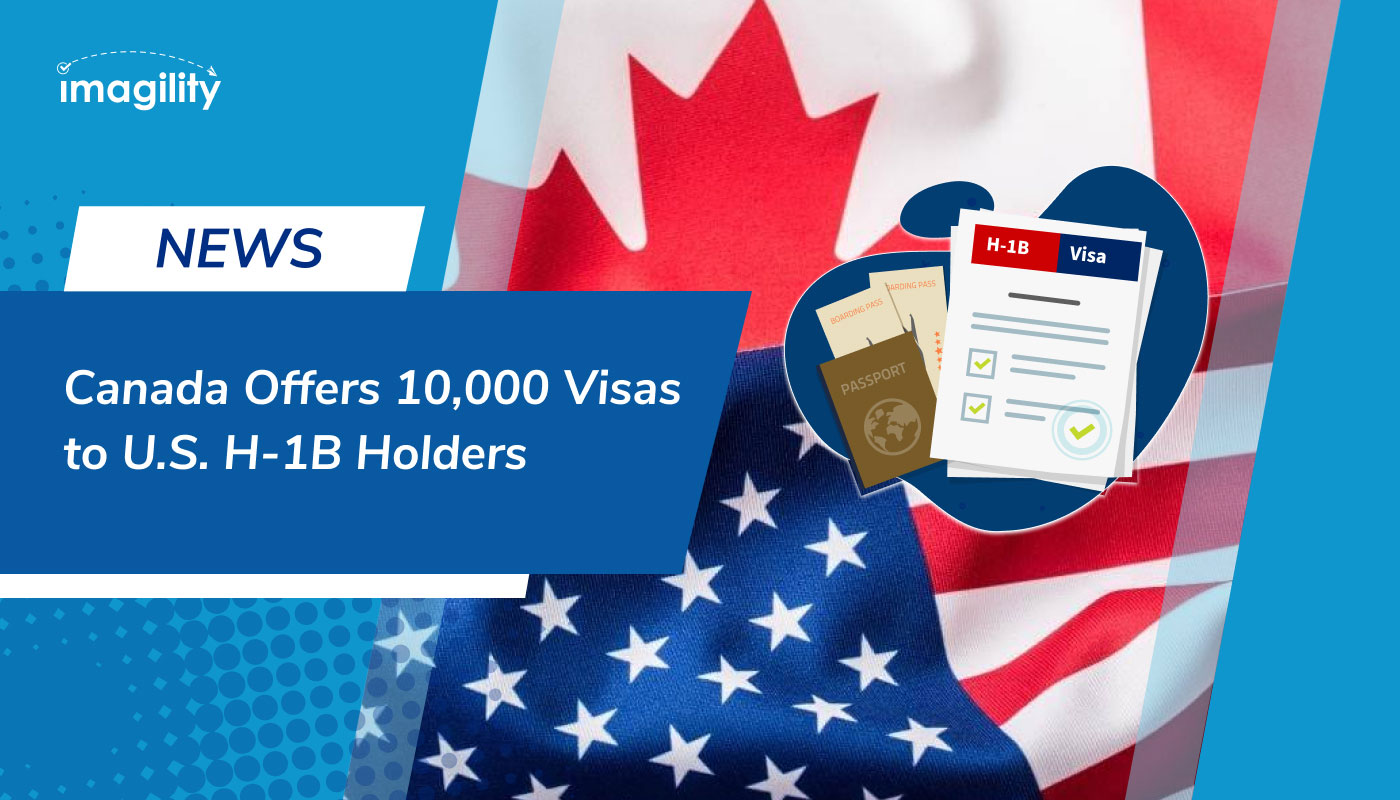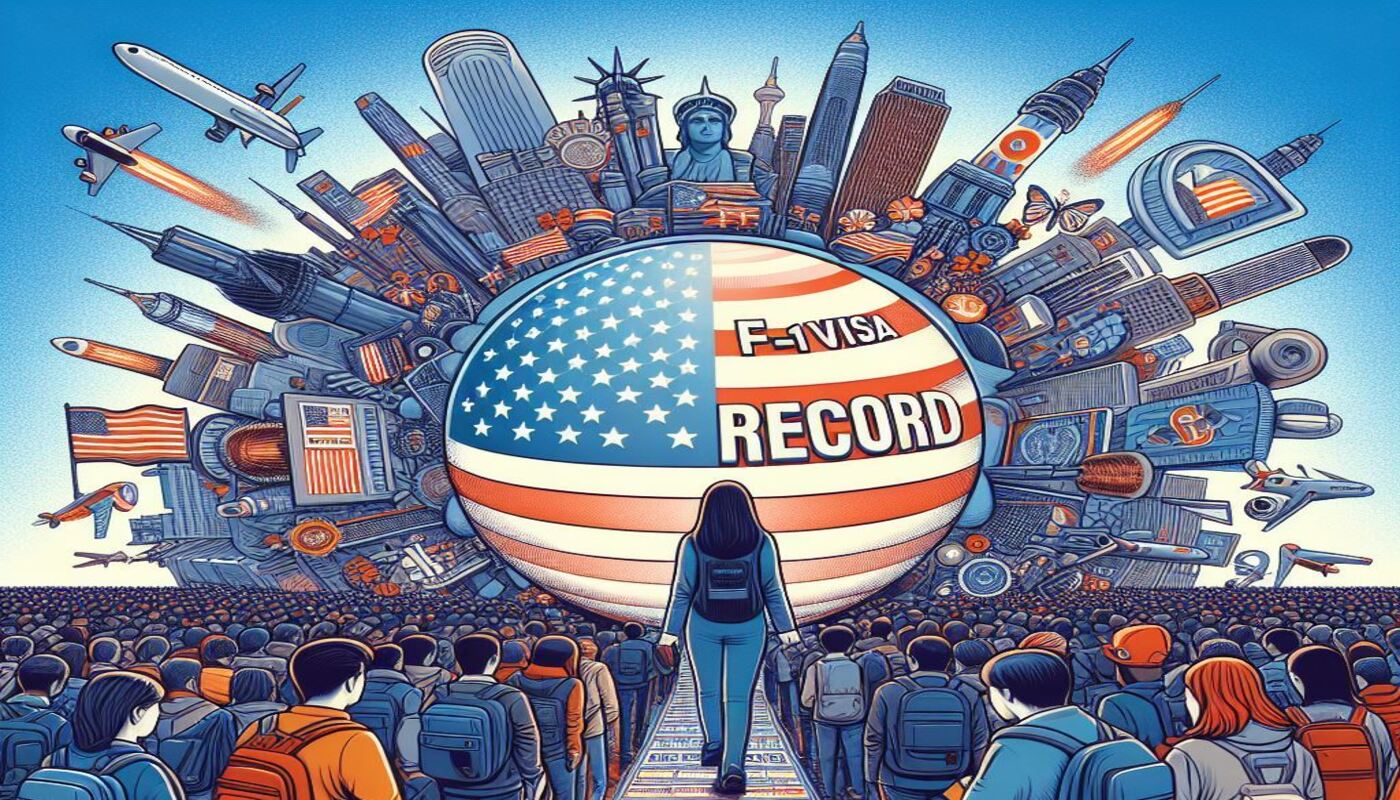A recent white paper sheds light on the inefficiencies plaguing the U.S. immigration system, indicating that a mere 3% of green card applicants are projected to secure permanent residence in 2024. The study, conducted by the Cato Institute, unveils the immense challenges arising from the extensive green card backlog, urging a comprehensive overhaul of the existing processes. With approximately 34.7 million pending applications, the scale of the issue becomes apparent, prompting calls for immediate reforms.
The white paper delves into the Employment-Based Green Cards category, revealing that only 8% or 1.8 million applicants are expected to attain green cards in 2024 successfully. Despite a temporary increase in the cap, the persistent demand has consistently outpaced the available supply, leading to prolonged waiting periods. Indian applicants, constituting half of those in employer-sponsored categories, face delays exceeding a century for green card approval.
To address these challenges, the white paper proposes strategic measures. It calls on Congress to waive stringent rules and arbitrary caps hindering green card approvals, emphasizing the necessity for a gradual increase in annual legal immigration. The paper advocates for a proportional allocation of green cards to different categories, particularly addressing the family-sponsored backlog, which spans back to 1990 and currently has around seven million pending cases.
The suggested approach involves a proportional increase in caps, potentially issuing six million green cards and addressing 85% of the family-sponsored backlog. The white paper recommends granting green cards to 35 million applicants in 2024 and subsequently implementing a permanent increase in legal immigration to 5 million annually. This reform is projected to result in a moderate increase in the U.S. immigrant population, reaching around 40 million by 2033.
The revelation has sparked concerns within the Indian diaspora, emphasizing the urgent need for immigration reforms. As Indian immigrants, vital contributors to the U.S. economy, grapple with the complexities of the green card application process, the white paper underscores the broader challenges and advocates for comprehensive immigration reforms. Stakeholders and policymakers are urged to consider the human and economic implications of the current backlog, seeking efficient and inclusive solutions for the U.S. immigration system.
Source: Hindustan Times















